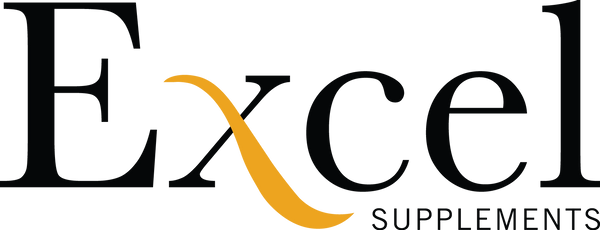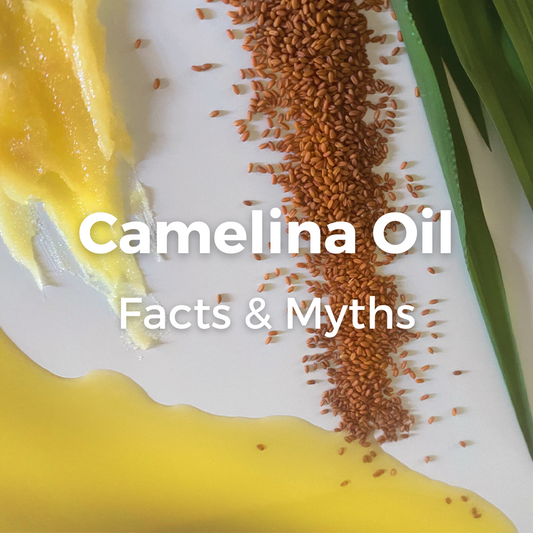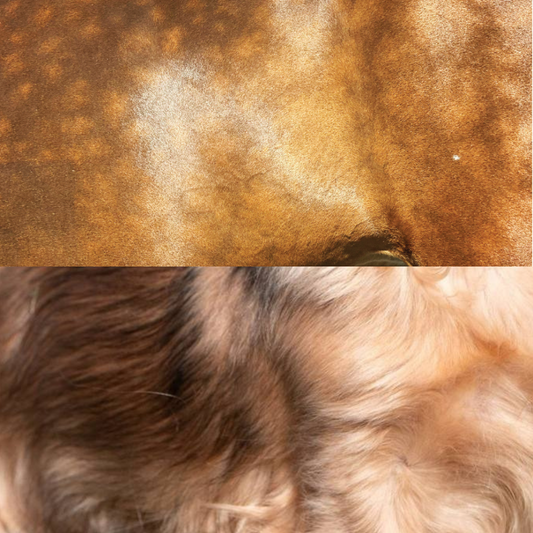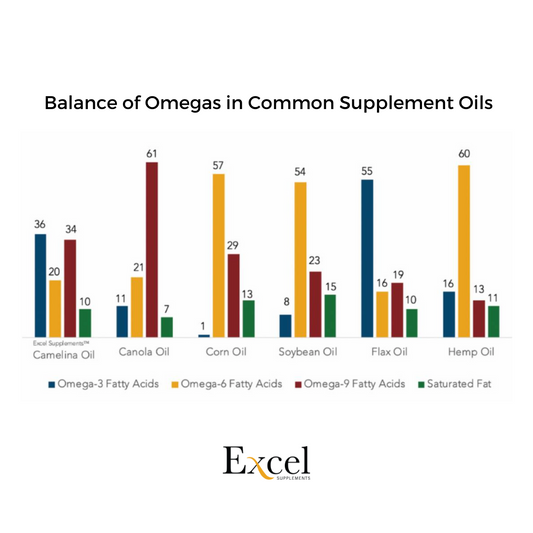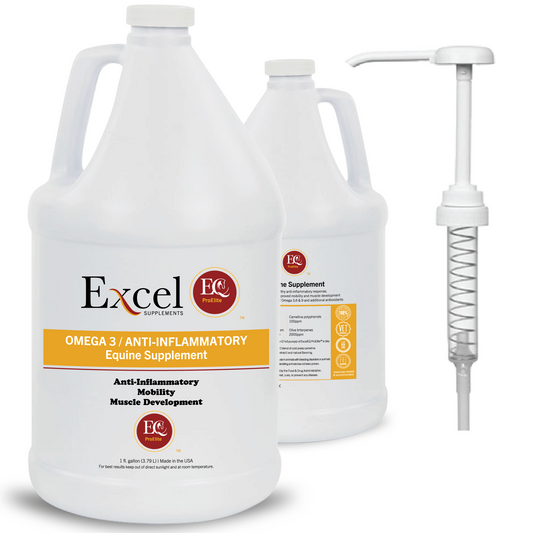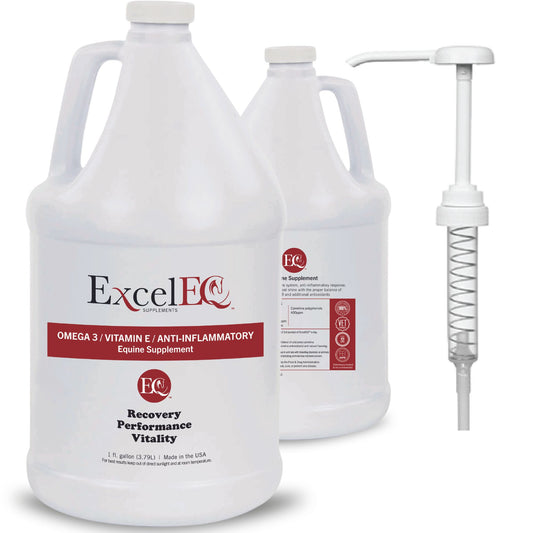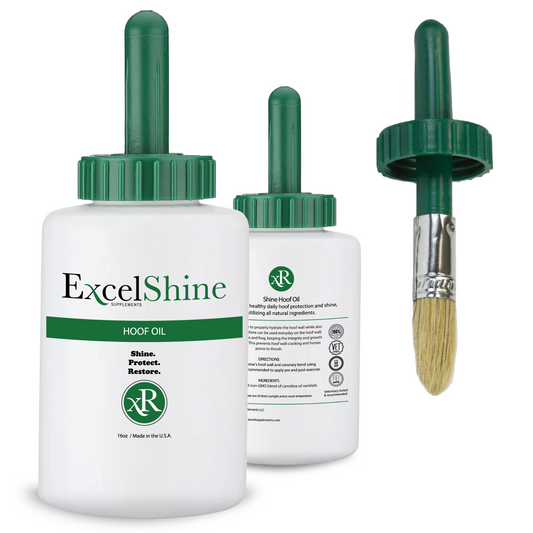The Importance of Equine Dental Care: A Comprehensive Guide
Share
Proper equine dental care is essential for your horse's overall health, digestion, and longevity. This guide will explain why regular dental check-ups are crucial, what an equine dentist does, the consequences of neglecting dental care, and how you can contribute to maintaining your horse’s dental health.
Consult with Your Veterinarian
Equine dentists are specialists in horse dental health, focusing on teeth and gums. Depending on your horse’s age and dental condition, bi-annual or annual check-ups with an equine dentist are recommended. Your veterinarian can provide guidance on the appropriate frequency for these visits.
Essential Management and Prevention Strategies
Effective dental care is a key component of your horse’s health. Feeding soft foods and using a high-quality supplement can support dental health, especially if your horse's grazing diet lacks biodiversity. Minimizing sugar intake is also crucial, as sugar can negatively impact your horse’s teeth. Regular at-home care combined with professional dental visits will keep your horse in optimal condition.
Foal's First Dental Examination
The first dental check-up for a foal is crucial for ensuring proper tooth alignment. Misalignment can lead to chewing and digestive issues. The equine dentist will examine the foal’s teeth for conditions like "sow mouth" (overshot lower jaw) and "parrot mouth" (undershot lower jaw). They will also check for "wolf teeth" or tushes, which should be removed to prevent discomfort and potential gum problems.
"Preventative medicine is the cheapest and best medicine when it comes to horse dental care."
Importance of Bi-Annual Examinations
Starting at two years of age, bi-annual dental exams become necessary. During these visits, the dentist will need a quiet, somewhat dark space, a bright light, warm water, a speculum (to hold the mouth open), and possibly a mild sedative. The examination involves cleaning the mouth, inspecting for odors, inflammation, ulcerations, and other issues like malocclusion or fractured teeth. These evaluations will continue until the horse reaches five years of age.
Ongoing Dental Care for Adult Horses
Once your horse reaches five years, annual dental check-ups become essential. Horses older than fifteen may experience molar wear or tooth loss, making it difficult to eat hard foods. To support their dental health, consider feeding soft foods and using supplements to compensate for any dietary deficiencies.
How to Check Your Horse’s Teeth at Home
Regular dental check-ups can range from $20 to $180 per visit. To help manage costs and ensure ongoing care, here are some at-home checks you can perform:
-
Inspect Incisors: Weekly, gently lift your horse’s lips to examine the incisors. Use a toothbrush and water if necessary. Ensure that all teeth are present and the mouth appears symmetrical. Avoid attempting to remove tushes or spurs; leave this to a professional equine dentist.
-
Assess Breath: Check for bad odors and unusual colors or swelling in the gums, which can indicate underlying issues.
-
Utilize Preventative Supplements: Even with diligent care, imbalances in diet or digestion can occur. Digestive supplements can help maintain a healthy equine microbiome, supporting overall dental health.
Conclusion
Preventive care and regular check-ups are the best strategies for maintaining your horse's dental health. Incorporating these practices will contribute to your horse's well-being and longevity.
For further reading, refer to our sources:
